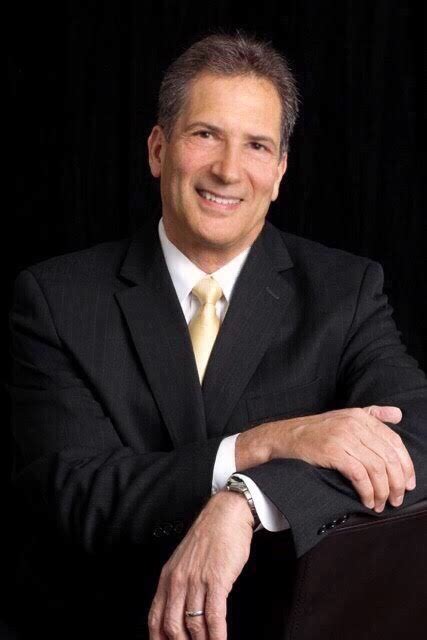A Quote by Paul Ekman
The distinction between shame and guilt is very important, since these two emotions may tear a person in opposite directions. The wish to relieve guilt may motivate a confession, but the wish to avoid the humiliation of shame may prevent it.
Related Quotes
The difference between guilt and shame is very clear--in theory. We feel guilty for what we do. We feel shame for what we are. A person feels guilt because he did something wrong. A person feels shame because he is something wrong. We may feel guilty because we lied to our mother. We may feel shame because we are not the person our mother wanted us to be.
Despite their differences, pride, shame, and guilt all activate similar neural circuits, including the dorsomedial prefrontal cortex, amygdala, insula, and the nucleus accumbens. Interestingly, pride is the most powerful of these emotions at triggering activity in these regions - except in the nucleus accumbens, where guilt and shame win out. This explains why it can be so appealing to heap guilt and shame on ourselves - they're activating the brain's reward center.
What should our second generation have done, what should it do with the knowledge of the horrors of the extermination of the Jews? We should not believe we can comprehend the incomprehensible, we may not compare the incomparable, we may not inquire because to inquire is to make the horrors an object of discussion, even if the horrors themselves are not questioned, instead of accepting them as something in the face of which we can only fall silent in revulsion, shame and guilt. Should we only fall silent in revulsion, shame and guilt? To what purpose?
Make friends with guilt. Guilt is a beautiful emotion that alerts us when something is wrong so that we may achieve peace with our conscience. Without conscience there would be no morality. So we can greet guilt cordially and with acceptance, just as we do all other emotions. After we respond to guilt, it has done its job and we can release it.
Devil does not bring sinners to Hell with their eyes open: he first blinds them with the malice of their own sins. He thus leads them to eternal perdition. Before we fall into sin, the enemy labours to blind us, that we may not see the evil we do, and the ruin we bring upon ourselves by offending God. After we commit sin, he seeks to make us dumb, that, through shame, we may conceal our guilt in confession.





































